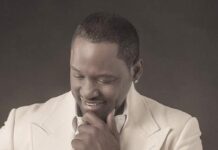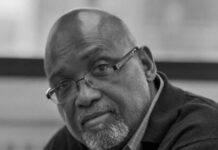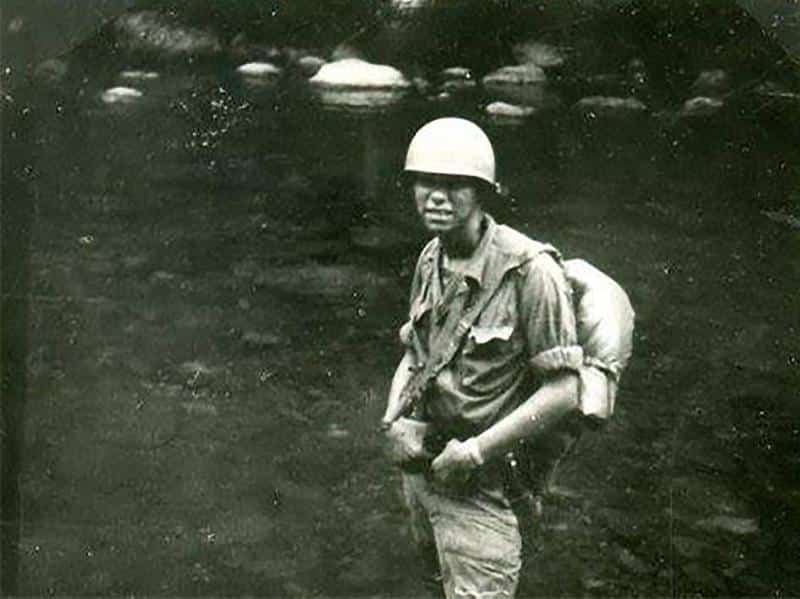
*Black veterans are owed a special debt of gratitude. We do so on Veterans Day via TheHistorymakers.org. The vets’ stories have been one of service to their country when often the United States did not protect them.
The bottom line is that African Americans were present among the forces fighting in the French and Indian War and every war since the American Revolution.
As former Secretary of State General Colin L. Powell (1937-2020) explained: “Blacks were always brought into military service when there was a need for additional bodies and blood. But when the conflict was over, then blacks were sent back into servitude. And it was the case in the Revolutionary War, where [President George] Washington had a number of blacks serving under him.
“It was the case in the War of 1812 when black men were promised their freedom and property if they fought for their country. They didn’t receive that. But nevertheless, they fought. And in every war we’ve ever been in, blacks stepped forward because it was the one place they could demonstrate equality. They weren’t slaves. They weren’t being oppressed. They may be in segregated units, and they may not have gotten the same pay or rations or equipment as white soldiers, but nevertheless, they were able to show that they were as brave and courageous as any other group of Americans.”
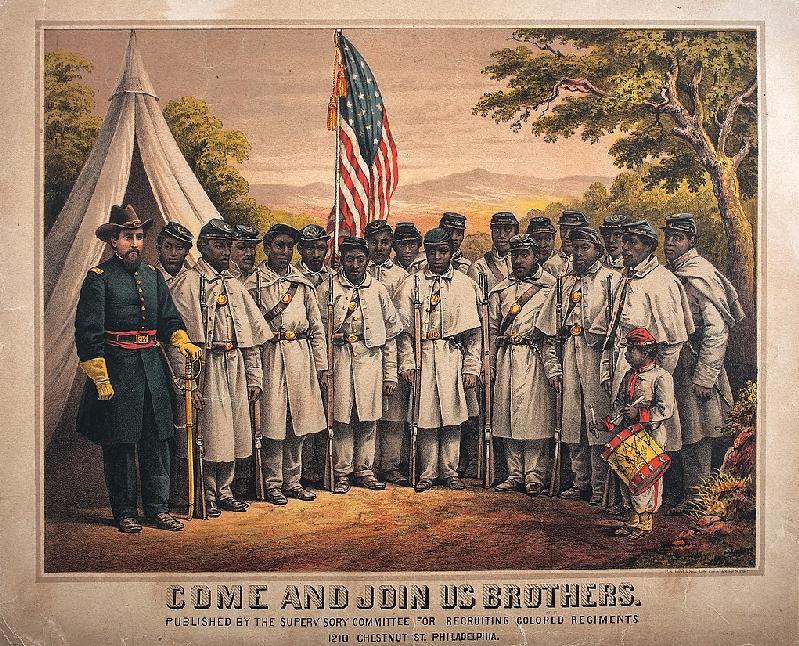
Former Senior Archivist at the National Archives Walter Hill, Jr. (1949-2008), in his interview, provided important insights into the role of African Americans during our nation’s Civil War: “Over 200,000 black men served in the Union Army and Navy…There were over 25,000 black men who served in the Union Navy and the Union Navy was integrated…But in the Army, there was clearly a separate unit in the United States Colored Troops…And, of course, when the…Emancipation Proclamation comes out on January 1, 1863, it changed the whole complexion of the war…that this war really was about us. And then they had always believed that from day one. But when they saw and saw those sons and husbands and boyfriends and men going off to fight for their freedom, because all those men who fought in the Civil War understood that, yes, they were fighting to save the Union, but they fighting for their freedom of their families and themselves.”
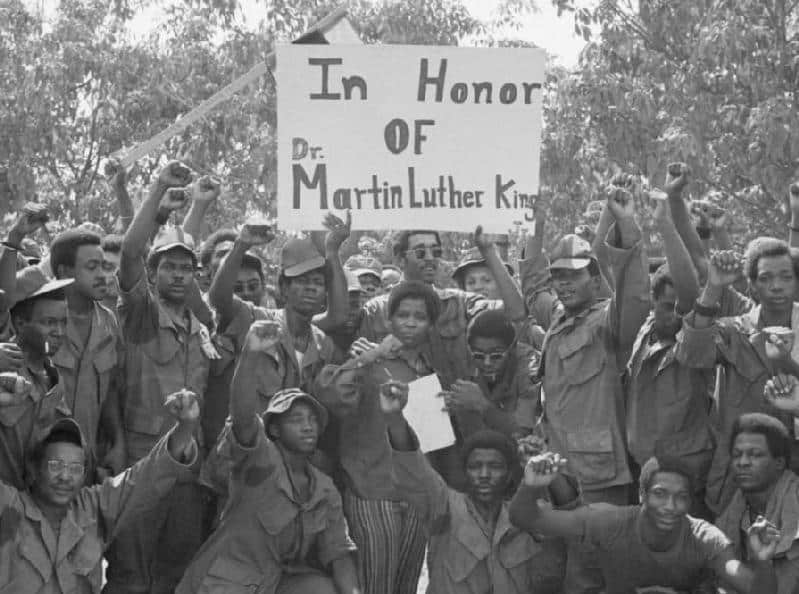
Rudolph Brewington, co-founder of “Black Agenda Reports” told of the racial violence that erupted during the Vietnam War after the assassination of Martin Luther King, Jr.: “The day Martin Luther King was killed, April 4, 1968, I was in Vietnam. I was serving this country, on patrol and we came back and we heard that… Dr. Martin Luther King, Jr., had been killed. And so, us black Marines got together to hold a memorial service and all of a sudden we heard this clank, clank, clank, clank, clank and it was Marines on an armored personnel carrier pointing weapons at us telling us to break up this unlawful and treasonous, that was the word, treasonous assembly, like what? We’re here to give respect to Martin Luther King, Jr. And they pointed rifles at us and for a few days black and white Marines…were like aiming rifles at each other, the shots were fired at each other; they don’t say that much about it but it happened. You know, and I came back from Vietnam angry, politicized.”
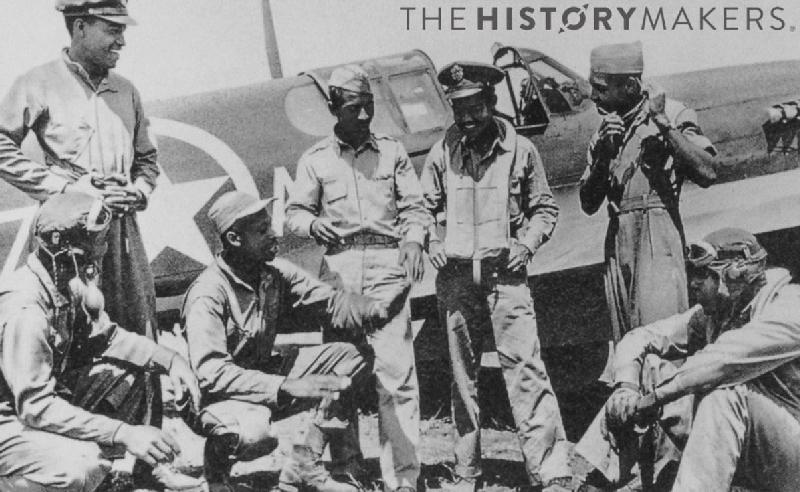
Beyond the three stories we’ve presented above, there are many examples of black veterans with successful post-military careers. They include former president of Hampton University William R. Harvey, Senior Vice President at Lockheed Martin Leo S. Mackay, Jr., astrochemist Emmett Chappelle, singer and activist Harry Belafonte, and members of Congress, such as former Representative Charlie Rangel and Representative Anthony Brown, recently elected as the first black Attorney General in the State of Maryland.
To our Black veterans, we salute and honor you because your service to our country was clearly “above and beyond the call of duty.”
Before you go, please watch “Valor in the Face of Racism: The History of African Americans in the Military.” This one-on-one interview from 2020 features host and 60 Minutes correspondent Bill Whitaker in an animated and history-filled discussion with the first black captain at West Point and four-star General Vincent K. Brooks. Valor In The Face of Racism: The History of African Americans in the Military provides a rare opportunity for viewers to learn about the rich history of African Americans in the military—one that dates back to the founding of the United States and continues to today.
For info about Black veterans visit TheHistorymakers.org.
We Publish News 24/7. Don’t Miss A Story. Click HERE to SUBSCRIBE to Our Newsletter Now!
